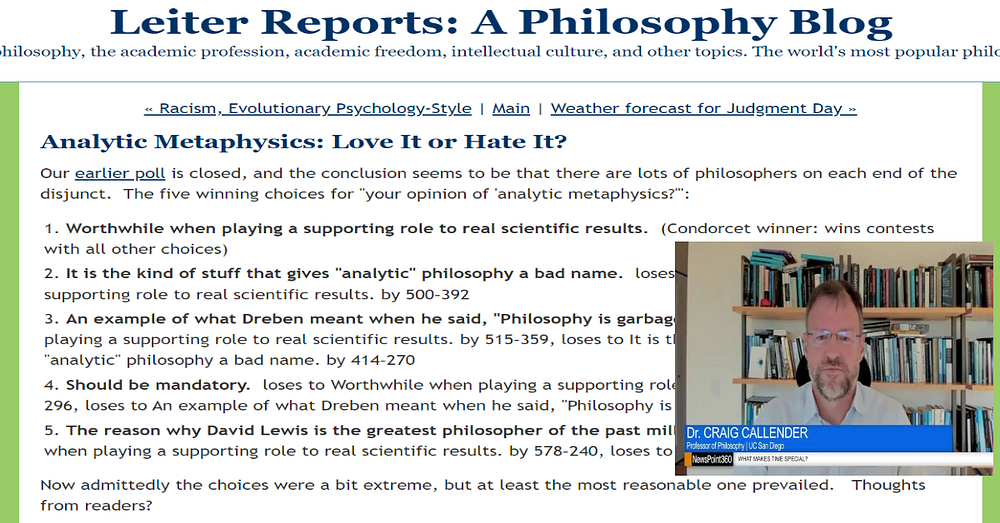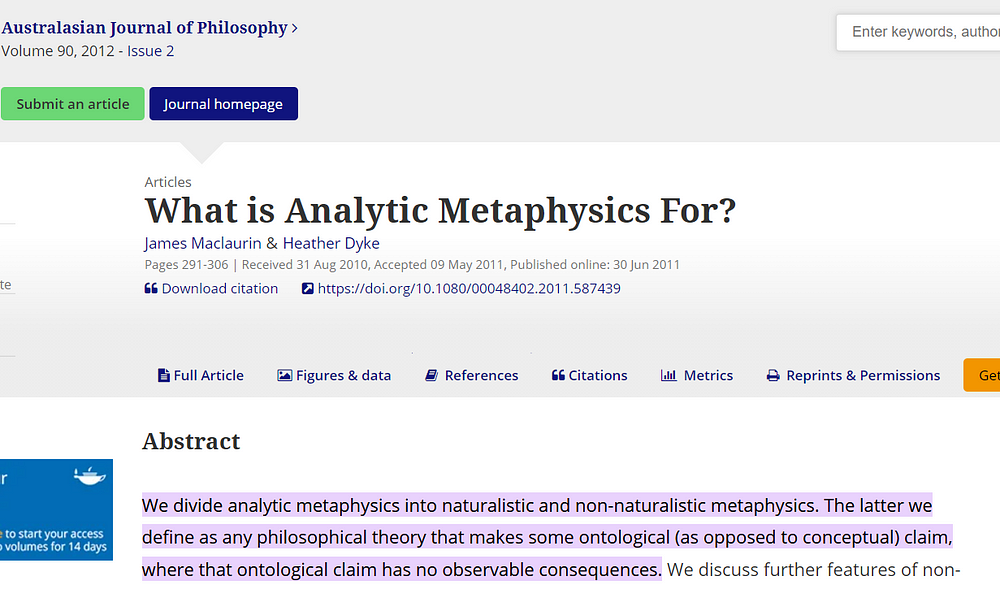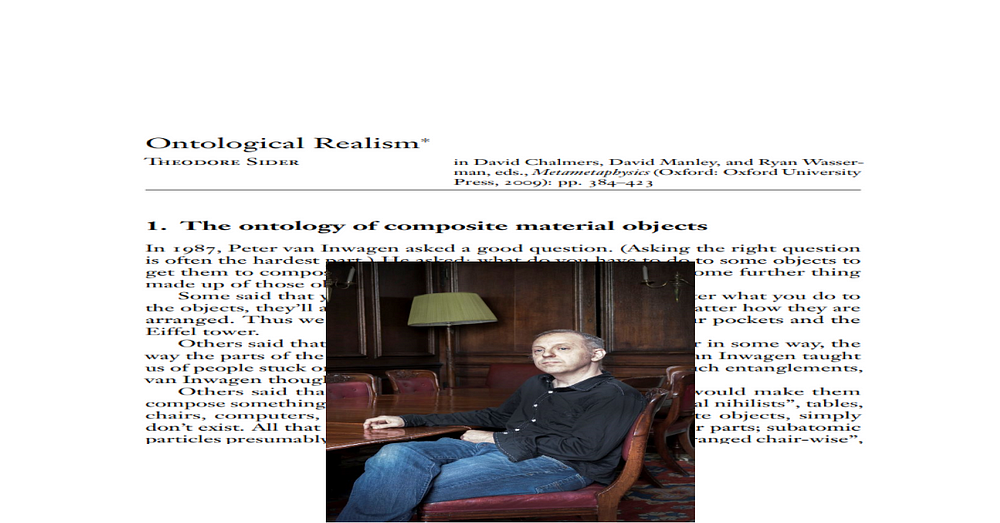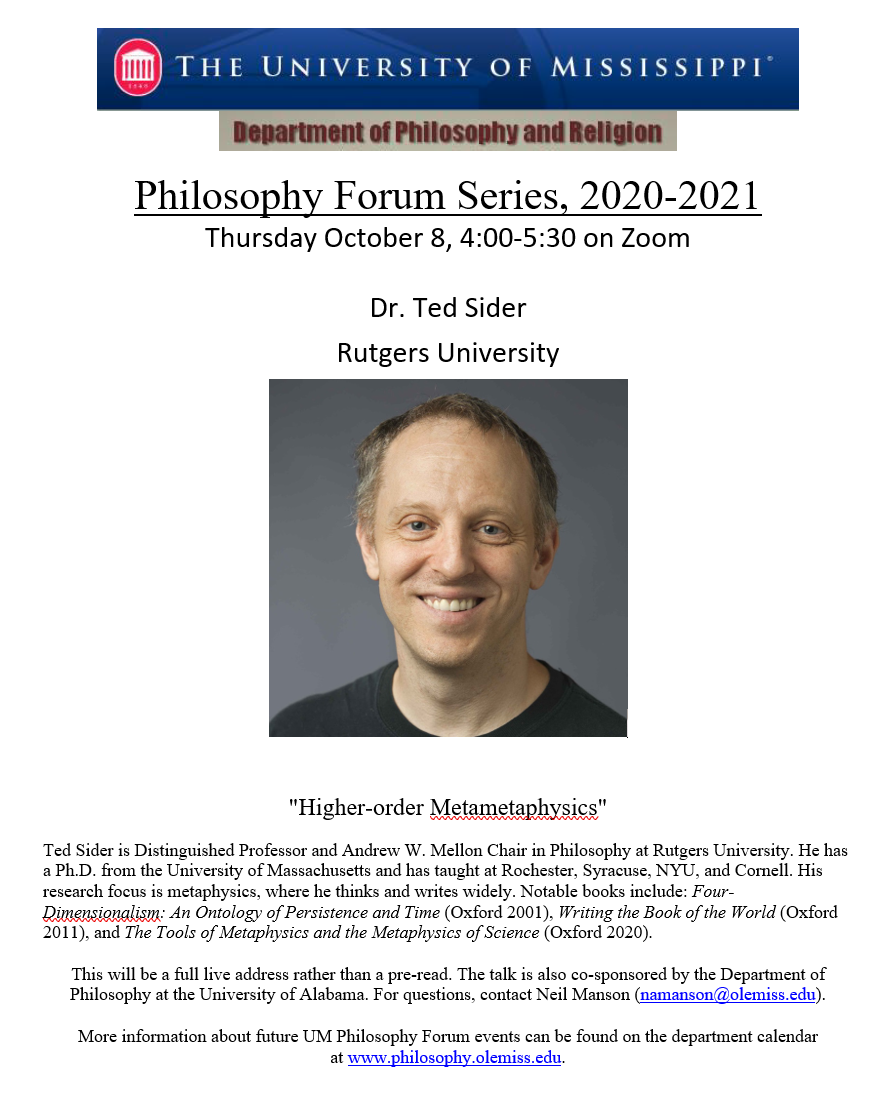Richard Rorty claimed that “analytic philosophy is still committed to the construction of a permanent, neutral framework for inquiry, and thus for all culture”.
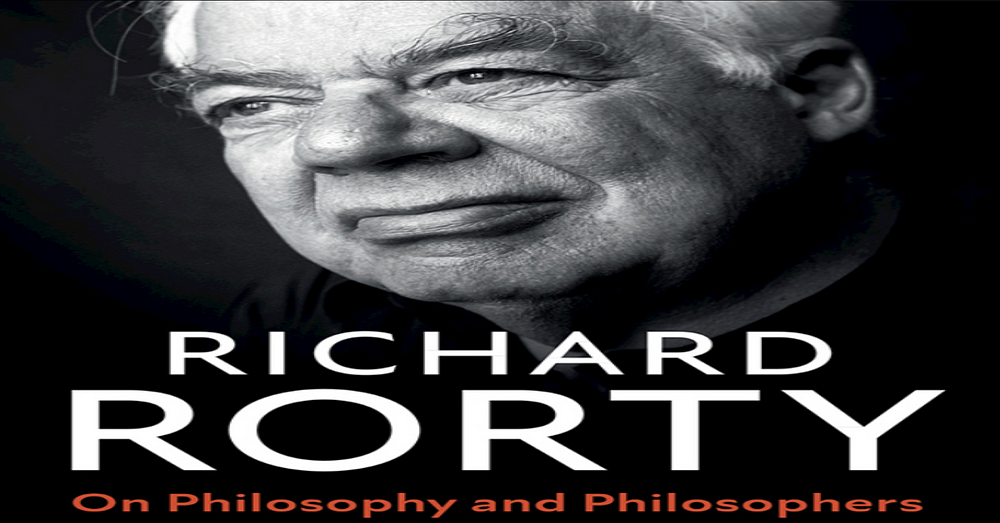
Much of what Richard Rorty (1931-2007) wrote is insightful and a breath of fresh air — at least when taken within the context of many other (academic) analytic philosophers.
So now it must be said that even if Rorty didn’t end up as an analytic philosopher, then he certainly began as one. More specifically, when he wrote Philosophy and the Mirror of Nature (which is the focus of this essay) in 1979, he was still an analytic philosopher…Of course, what exactly that last claim amounts to isn’t going to be debated here.
So the following essay should be taken within those contexts.
Importantly, because Rorty was committed to what he called “irony”, commentators are left in a difficult position as to how to interpret his words. (That said, the situation is far better than with a philosophers like Wittgenstein, Derrida and Deleuze.) Put simply, it may be the case that none of the passages quoted in the following should be taken literally. Instead, perhaps they should be taken ironically, poetically and/or even politically.
Yet, being a pendant, I am going to take them literally… That said, who’s to say that Rorty didn’t intend the quoted passages to be taken literally?
What also needs to be said here is that if there is (as Jacques Derrida argued) “nothing outside the text” (Il n’y a pas de hors-texte — which I’m not saying Rorty completely subscribed to) and that “the conversation” itself is what matters (which was Rorty’s actual position), then the following critique must itself be taken as being part of Rorty’s conversation.
Philosophy or Analytic Philosophy?
One problem with interpreting Richard Rorty’s words (if not his actual positions) is that he quickly shifted from writing about “philosophy” to writing about “analytic philosophy”. This meant that, at least in some cases, when Rorty used the word “philosophy” he actually meant “analytic philosophy” — at least in the case of Philosophy and the Mirror of Nature. That said, he was also guilty of generalising about philosophy-as-a-whole too.
Rorty himself gave the game away when he confessed that his problem with analytic philosophy was mainly (what he called) “biographical”. That is, Rorty just happened to have studied and written about analytic philosophy for the first 35 (or so) years of his career. Indeed he also wrote that the “therapy [he] offered” was
“parasitic upon the constructive efforts of the very analytic philosophers whose frame of reference [he] was trying to put in question”.
One single example (among many) of the fact that, at least at certain points, Rorty didn’t only have analytic philosophy in mind is when he mentioned Kant, Frege and Husserl — all in the same passage. Here is that passage:
“[T]he kind of philosophy of philosophy which stems from Russell and Frege is, like classical Husserlian phenomenology, simply one more attempt to put philosophy in the position which Kant wished it to have — that of judging other areas of culture on the basis of its special knowledge of the ‘foundations’ of these areas.”
So even though analytic philosophy was especially problematic to Rorty, then it only was so because it is (to use his own words) “one more variant of Kantian philosophy”.
In any case, there’s a strong case for arguing that Rorty’s later p̶h̶i̶l̶o̶s̶o̶p̶h̶y̶ was more a case of post-philosophy than of postanalytic philosophy. In other words, like Heidegger and Derrida before him, Rorty had a problem with the whole damn show that is (Western?) philosophy. Indeed it can be argued that Rorty’s position became more (openly and obviously) political, historical and/or sociological than, strictly speaking, philosophical. That said, a position that rejects philosophy in toto can’t help but be philosophical — in some or in many ways — itself. Indeed Rorty would have happily admitted that. (Jacques Derrida, whom Rorty admired, did admit that.)
Rorty’s Biographical Philosophy
In 1979, when most of the words quoted in this essay were written, Rorty was shifting away from analytic philosophy — and even philosophy generally — to embrace literature and a more explicitly pragmatic political/ethical, sociological and/or historical stances on philosophical issues (in the style of John Dewey). So, if all that was indeed the case, then perhaps there would have been no need to defend his (rhetorical) generalisations or offer (explicit) arguments.
Indeed Rorty did sneer at the (not his own words) “fetishization of argument” in his book Philosophy and the Mirror of Nature (just as many “continental philosophers” have done in the 20th and 21st centuries). In other words, perhaps the passages quoted later owe more to literature than they do to philosophy. It might even have been the case that Rorty would have admitted that.
Yet despite the implicit digs at the (again, not Rorty’s own words) “mindless analysis”, etc. referred to a moment again, in Rorty’s Philosophy and the Mirror of Nature there’s quite a lot of analysis! (For example, Rorty spends over nine pages analysing behaviourism and over twelve pages analysing — of all arcane things — the various theories of reference.) Indeed in an interview conducted by Wayne Hudson and Win van Reijen, Rorty stated the following:
“I think that analytic philosophy can keep its highly professional methods, the insistence on detail and mechanics, and just drop its transcendental project. I’m not out to criticize analytic philosophy as a style. It’s a good style. I think the years of superprofessionalism were beneficial.”
[Even when Rorty seemingly praised analytic philosophy, he couldn’t resist slipping in the ironic phrase “[i]t’s a good style”.]
Yet perhaps the technical detail, analyses and arguments which can be found in Philosophy and the Mirror of Nature were nothing more than Rorty’s means to back up his metaphilosophical ends.
How do I know that? Well, Rorty (more or less) says as much in that book (as well as elsewhere).
Thus Rorty (as it were) joined in various debates within analytic philosophy in order to show his readers (or so he believed) that they’re all … well, pointless. (He uses synonyms of the word “pointless” — in relation to analytic philosophy or at least many of its concerns — many times in that book.)
Rorty on Analytic Philosophy as a Natural Kind
To use Rortyesque poetic rhetoric, it can be (self-referentially) argued that the American pragmatist took a Platonist position on analytic philosophy. And, at the very same time, Rorty saw all of analytic philosophy as being (essentially) Platonist. This means that when Rorty talked of analytic philosophy you can almost hear his capitalised classification — Analytic Philosophy. That is, Rorty talked about analytic philosophy as it it were a natural kind with a determinate and known (at least known to Rorty himself) essence.
Of course one may be willing to accept that there are at least some — perhaps many — things which draw all analytic philosophers together. However, Rorty made it seem as if every analytic philosopher belongs to a small and narrow tribe whose members all have virtually identical views — as least on the issue of what philosophy actually is.
Rorty also made it seem that every analytic philosopher is as metaphilosophical, philosophically self-conscious and historically-minded as he was.
Yet, despite stating all that, it can be argued that Rorty was writing not about the detailed work of analytic philosophers, but about the historical tradition of analytic philosophy (see here).
But which aspects of that tradition? All aspects of that tradition?
And which particular analytic philosophers? All analytic philosophers?
Indeed did (or do) all analytic philosophers have an philosophical essence in common?
And let’s not forget that philosophical analysis (broadly speaking) occurred well before the analytic tradition got under way. That is, what is it that Aristotle, Hobbes, Descartes, Locke, Hume, etc. did if it wasn’t — at least in part — philosophical analysis?
***************************
Generalisation 1
Richard Rorty took the view that analytic philosophy has as its primary aim the creation of a form of knowledge which grounds all other forms of knowledge.
This is odd.
It’s true that much traditional philosophy has placed various philosophical domains in the position of what used to be called First Philosophy. (It was once metaphysics, then epistemology, then language, then mind…) However, in the 20th century this was far from being the case. Indeed analytic philosophers specifically (as well as non-analytic philosophers) — throughout the 20th century — actually argued against the need for (or nature of) a first philosophy.
So here is Rorty again talking about philosophy in the singular. He wrote:
“Philosophy as a discipline thus sees itself as the attempt to underwrite or debunk claims to knowledge made by science, morality, art, or religion.”
This is so obviously false that perhaps even Rorty himself would have admitted that the statement’s primary purpose was (to use Rorty’s word about his own work) “therapeutic”. Indeed even some of the philosophers Rorty admired and wrote about didn’t fit the generalisation above.
And all that is one reason why Rorty did probably meant “analytic philosophy” when he wrote “philosophy”. That said, he does also state such generalisations about Kant, Husserl and other philosophers too… so it’s hard to tell.
So here are just a few philosophers (often mentioned by Rorty himself) who most certainly didn’t fit into Rorty’s neat little box: Nietzsche, Wittgenstein, Kierkegaard, William James, John Dewey, etc… This may mean, then, that Rorty was, after all, only talking about analytic philosophers.
Generalisation 2
Now take this massively-general claim from Rorty:
“For analytic philosophy is still committed to the construction of a permanent, neutral framework for inquiry, and thus for all culture.”
This is simply false and it’s false on many levels.
But, firstly, even if a particular analytic philosopher (or a set thereof) believed that his analyses of this and that were absolutely true (or simply correct), it still wouldn’t follow that he must also be “committed to the construction of a permanent, neutral framework for inquiry, and thus for all culture”.
In any case, perhaps because Rorty simply grew bored with analytic philosophy and philosophical argument, and then began to embrace other (not his own words) “modes of knowledge” such as literature and art (as he often stated himself), then that statement above might only have been intended as a simple rhetorical and poetic device designed to simply stop (à la Wittgenstein) the entire Analytic Philosophy Show. In fact Rorty stated as much in various ways and in various places. Indeed he even called himself an “ironist”.
In detail (if Rorty even cared, at this point), virtually no philosopher saw analytic philosophy in terms of the “construction of a permanent, neutral framework for inquiry, and thus for all culture”. Of course some analytic philosophers might have done so subconsciously. Yet, as already stated, Rorty’s take on analytic philosophy — and its relation to other parts of what Rorty called “culture” — is very metaphilosophical, self-conscious and historical. The problem is, this isn’t also true of all — or even most — analytic philosophers.
Generalisation 3
It may be pedantic to say that when Rorty wrote that
“[philosophy — not even analytic philosophy] purports to [underwrite or debunk claims to knowledge] on the basis of its special understanding of the nature of knowledge and of mind”
perhaps he should have written the following pluralised and qualified version instead:
Different philosophers purport to do this on the basis of their various and different special understandings of the nature of knowledge and of mind.
Indeed not all analytic philosophers have concentrated on “knowledge and mind” in the first place.
So it’s odd that during his admonitions of (capitalised) Philosophy’s neat and tidy ways of (as it were) mirroring the world, Rorty should have offered his very own neat and tidy (even essentialist) mirroring of analytic philosophy… and, indeed, his mirroring of philosophy generally.
Generalisation 4
Now for an outrageous generalisation that claims that all all analytic philosophers were committed to the notion of the a priori… in a big way! Rorty wrote:
“It is the notion that human activity (and inquiry, the search for knowledge, in particular) takes place within a framework which can be isolated prior to the conclusion of inquiry — a set of presuppositions discoverable a priori [].”
Rorty’s slipping in of the term a priori at the end of the passage above was surely yet another rhetorical move on his part.
Various and many analytic philosophers have written large amounts of stuff against the notion of the a priori.
Of course Rorty might have meant a priori in a purely metaphilosophical sense, not in a detailed (or technical) sense. That is, even though many analytic philosophers have offered telling critiques of the notion of the a priori, Rorty’s (somewhat implicit) argument might have been that they still saw philosophy itself as an a priori discipline. That is, a discipline which “discovers” and “isolates” this and that even before (as it were) any details are in… So where does this place the many analytic philosophers who’ve also been naturalists?
And then Rorty took all analytic philosophers to be foundationalists too. He wrote:
“Philosophy can be foundational in respect to the rest of culture because culture is the assemblage of claims to knowledge, and philosophy adjudicates such claims []”
Clearly, many analytic philosophers have been anti-foundationalists.
Yet, as with the a priori case a moment ago, perhaps Rorty was making a distinction between a commitment to foundationalism within philosophy and a commitment to foundationalism when it comes to philosophy’s role itself.
[This is somewhat like Michael Williams’s terminological distinction which has it that epistemological realism “is not a position within epistemology [it is a] realism about the objects of epistemological inquiry”. In other words, this is a realism about epistemology, not a realism within epistemology.]
So, when it comes to the latter case, Rorty was on much stronger ground.
To put Rorty’s case another way. A philosopher may be anti-foundationalist when it comes to, say, epistemology, but foundationalist when it comes to philosophy itself. That is, an analytic philosopher may, at the very same time as being an anti-foundationalist, also be committed to the idea that “philosophy can be [or is] foundational in respect to the rest of culture”.
But, yet again, this is all very metaphilosophical. Rorty assumed that all analytic philosophers paint with the same broad brush strokes that he himself painted with. This means that Rorty wanted to have his cake and eat it. That is, in one breath he warned against (not his own words) “mindless analysis”, a “concern with minutia”, “conceptual pedantry”, etc. Yet, in the next breath, he claimed that all analytic philosophers had metaphilosophical dreams about — and positions on — philosophy itself and, more broadly, on philosophy’s vital relation to culture as a whole.








